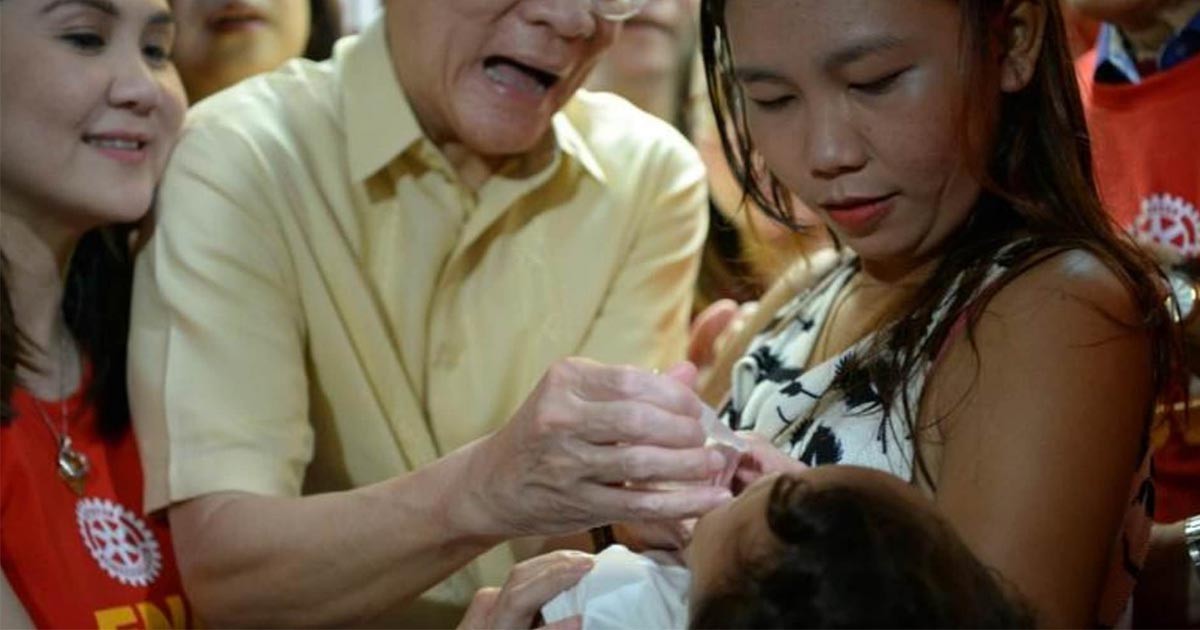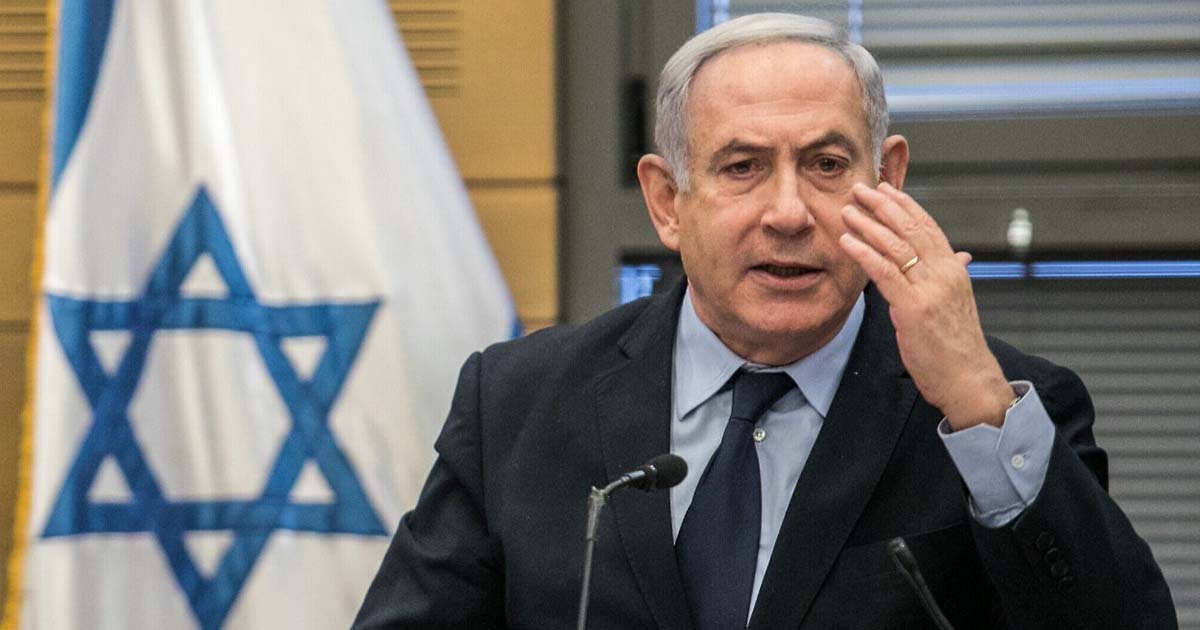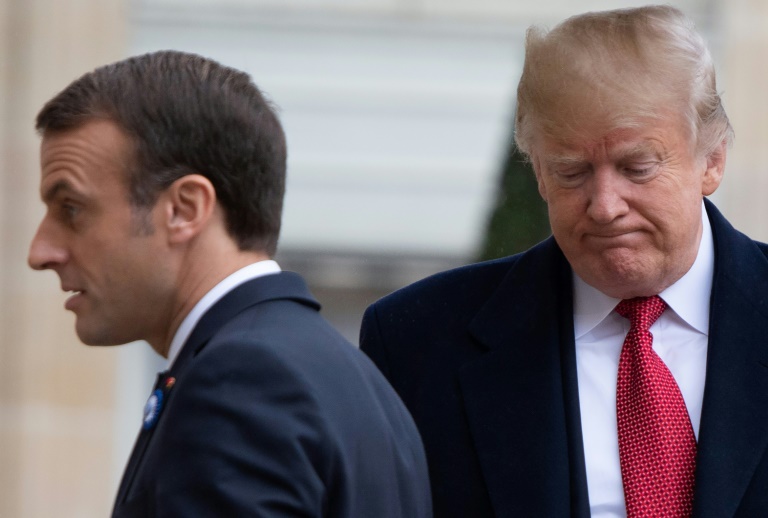The Philippines Friday launched a program to immunise millions of children from polio after the Asian nation was hit by its first outbreak of the crippling disease in nearly two decades.
BREAKING: DOH confirms reemergence of polio in the Philippines, 19 years after the World Health Organization declared the country free of the disease https://t.co/sDo55hwVGt pic.twitter.com/HZcMwtTU7G
— NewsWatch Plus PH (@newswatchplusph) September 19, 2019
The two cases, the first since 2001, occurred after deadly dengue fever and measles epidemics earlier this year and as vaccination coverage plunged partly due to mistrust stoked by a dengue vaccine scandal.
“It is unthinkable that a child will suffer from a disease that is highly preventable by vaccination,” Health Secretary Francisco Duque said after administering a dose of oral polio vaccine to a toddler at a Manila ceremony.
Controversy arose after its French manufacturer Sanofi disclosed a year later that it could worsen symptoms for people not previously infected with the virus.
“We continue to urge parents and caregivers of children below five years old, health workers, and local chief executives to take part in the synchronised polio vaccination to be scheduled in their communities,” he added.
All children in the Philippines are at risk because of this outbreak. But #polio vaccines, given multiple times, can protect a child for life. Proper hygiene and sanitation (use a toilet, wash hands) also help limit the disease’s spread.https://t.co/ViNxImSDO0 #EndPolio pic.twitter.com/sP6oUmdBz7
— World Health Organization Philippines (@WHOPhilippines) September 19, 2019
Polio vaccinations in the capital plunged from just over 77 percent of the target numbers in 2016 to below 24 percent in June, making the metropolis of 13 million a high-risk area for the re-emergence of polio, a health department statement said.
Read more: Anti-polio effort: Bill Gates appreciates PM Khan
The highly infectious virus, which can cause paralysis and even death and has no cure, has been detected in Manila sewage, the department earlier said, blaming poor sanitary practices.
A sickly five-year-old boy from a province adjoining Manila was struck with the virus and suffered an onset of paralysis last month, the department said Friday. The department announced the outbreak on Thursday after polio struck a three-year-old girl in the country’s south.
A sickly five-year-old boy from a province adjoining Manila was struck with the virus and suffered an onset of paralysis last month, the department said Friday.
A global effort to eradicate the disease has slashed infections from more than 350,000 cases in 1988 to just 33 last year, according to World Health Organization data. Only Afghanistan, Nigeria and Pakistan have failed to stop transmission.
Health authorities said the virus that struck the Philippines this year was a mutation of a weakened strain present in the oral polio vaccine, which is used in most of the world to control the disease.
Read more: Dr. Sania teams up with Bill Gates against polio and poverty
The low vaccine coverage allows the virus to find a new human host, they said. The Philippines in 2016 became the first nation to use Dengvaxia, the world’s first dengue vaccine, in a country trial programme involving hundreds of thousands of schoolchildren.
But controversy arose after its French manufacturer Sanofi disclosed a year later that it could worsen symptoms for people not previously infected with the virus. Manila stopped the programme and banned the vaccine.
The disclosure sparked a nationwide panic, with some parents alleging the vaccine killed their children, though a government-commissioned investigation found no conclusive proof that it did.
AFP with additional input by GVS News Desk.














